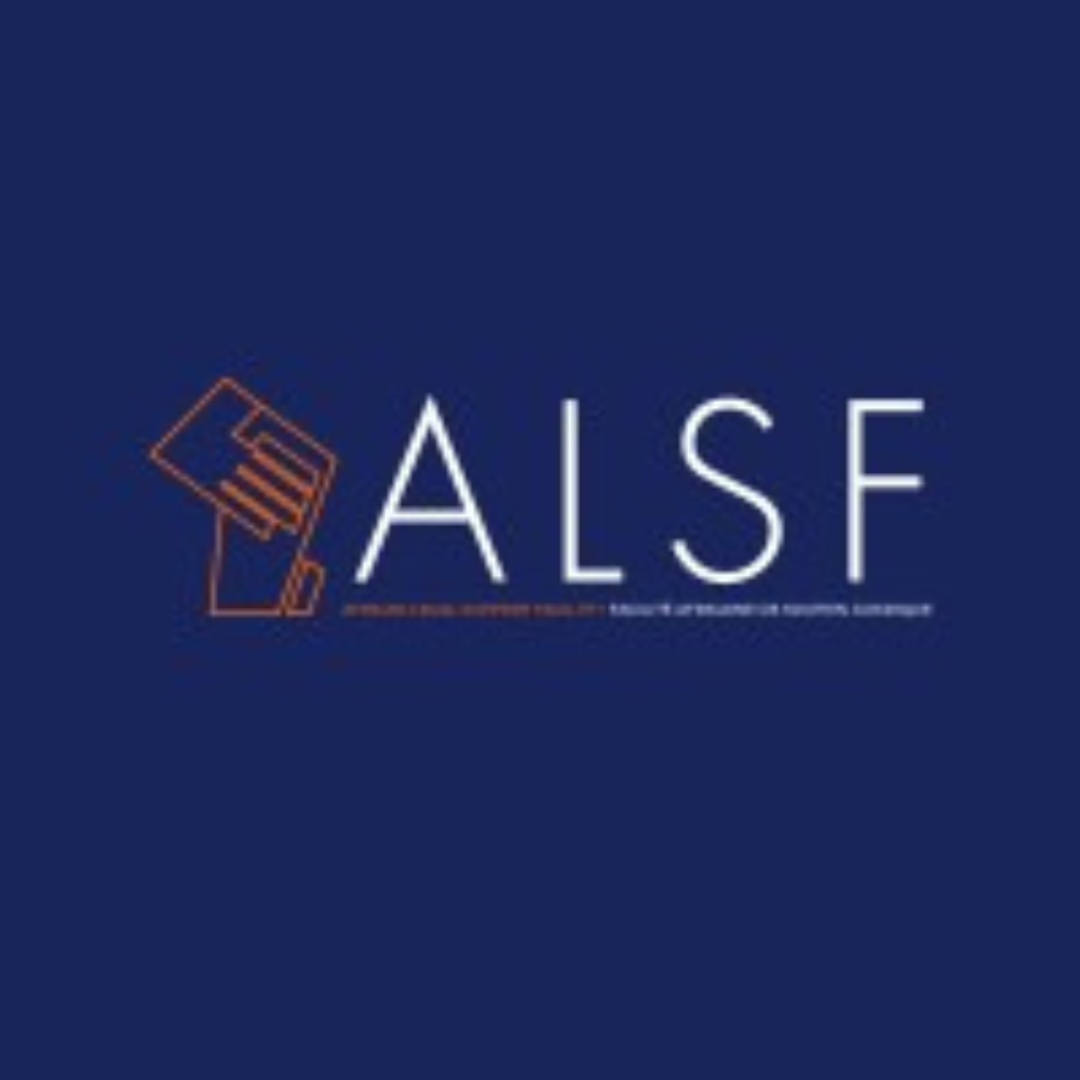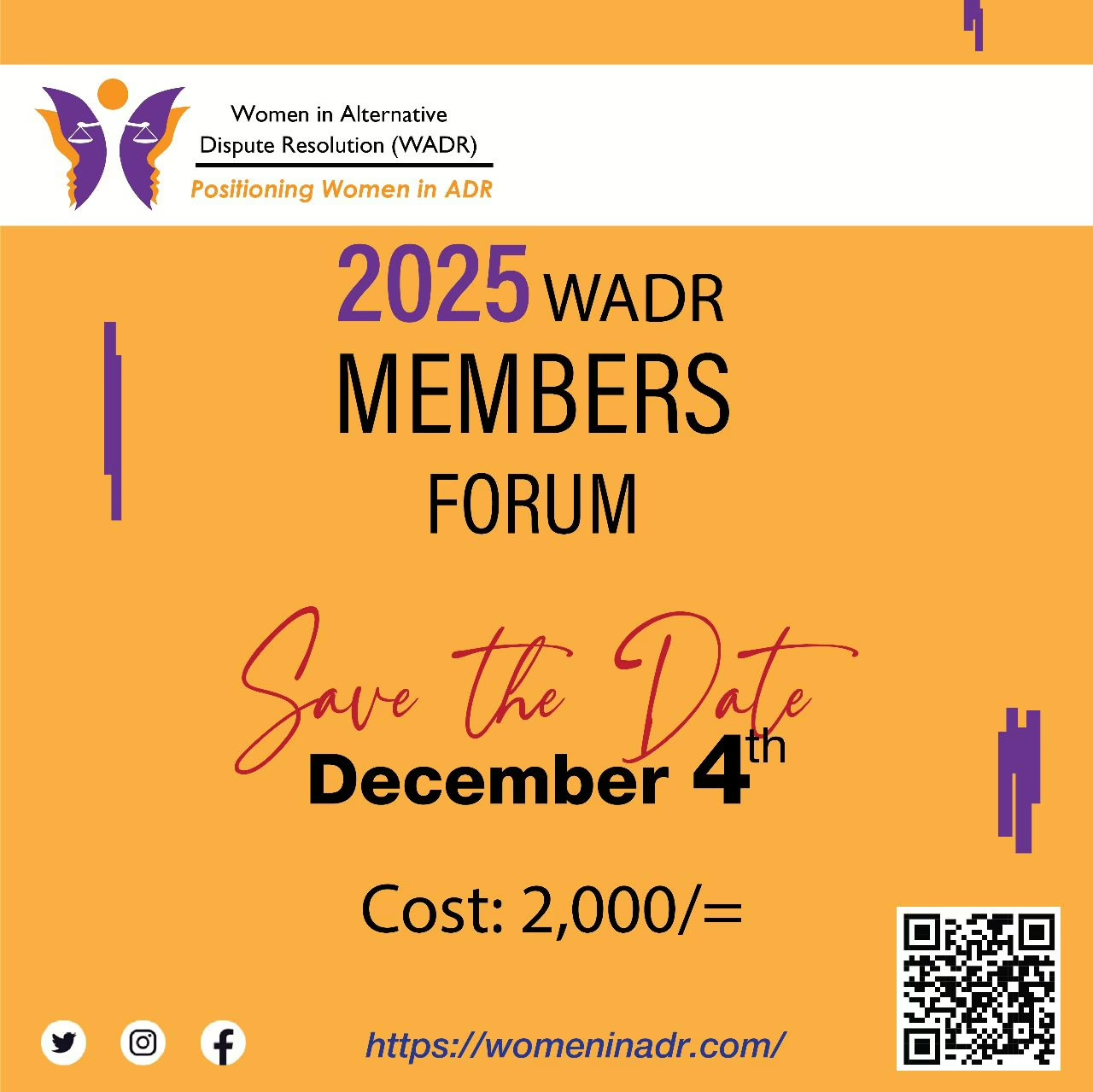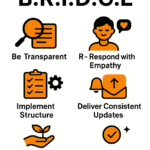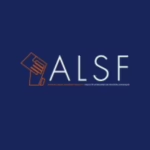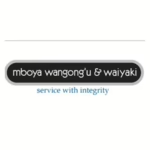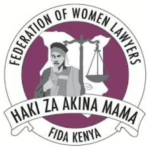Kenya is highly religious, with statistics showing that 85% of its population professes Christianity. Another fun fact about Kenya is that the legal profession is among the top three most desirable professions, owing to the prestige associated with being a lawyer.
However, negative stereotypes stalk the legal profession globally, and Kenya is no exception. Such stereotypes include lawyers being manipulative, egotistical, lacking moral standing, and thus untrustworthy.
While misinformed and mostly untrue, such misconceptions are prevalent among the general public, and unfortunately, they hinder access to justice. Moreover, it’s unfortunate that the Kenyan justice system has loopholes that may allow advocates and other parties to get away with unprofessionalism. You likely know an advocate or two who are walking cliches.
So, is it possible to be a Christian lawyer, yet the negative stereotypes highlighted above contradict the values upheld in the Christian faith? Is there room to practice the law in Kenya without compromising Christian values?
The Kenya Christian Lawyers Fellowship (KCLF)is a platform established to bridge the gap between the Christian faith and the legal profession in Kenya. We spoke to Gichohi Waweru, KCLF’s Executive Director, about the fellowship’s role within the legal fraternity and the broader society. Keep reading to explore KCLF’s mandate, achievements, benefits to members, advocacy projects, and future plans.
Kenya Christian Lawyers Fellowship History, Mission, and Vision
The Kenya Christian Lawyers Fellowship is a faith-based organization established in 1986 and registered under the Societies Act in 1994.
Its primary role during its inception was convening Christian lawyers to ensure Christian principles are upheld in the administration of justice. Besides Christianity being the members’ primary interest, fellowship in this context means being allied to Christ as individuals and supporting each other through accountability on the journey to becoming Christ-like.
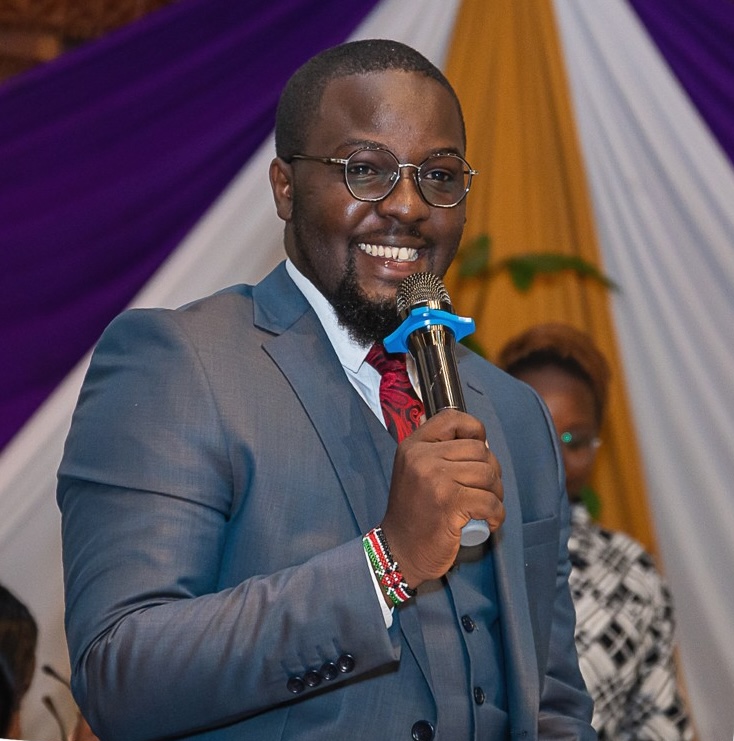
According to Gichohi Waweru, most learned friends, himself included, joined the legal profession to institute meaningful change. Therefore, he describes KCLF as a ministry to lawyers and advocates who are committed and intentional about experiencing an inward transformation so that they can manifest/preach this transformation through their actions.
“Our acknowledgement is at the first instance, we are born-again Christians or Children of God, and in the second instance, we are lawyers. So, what does this dual identity mean for us in the administration of justice, in building law firms of integrity, and corporate cultures worth mentioning?” Below is a highlight of KCLF’s transformative agenda, aimed at aligning the administration of justice with Christian principles.
-
Filling the Accountability Gap Within The Legal Profession
As highlighted above, Kenya’s legal landscape has its share of pitfalls detrimental to a lawyer’s integrity. As someone who has worked in public and private practice, Gichohi highlights a lack of accountability as the most significant pitfall within Kenya’s legal system.
“As lawyers, we are not accountable to one another or ourselves. You can take a client’s money and do whatever you want with it, and no one ever asks you questions.” Therefore, filling the accountability gap in the administration of justice is the fellowship’s core mandate.
“Compromise doesn’t begin with money laundering; it begins with the small things like paying to get proceedings typed or parting with a KES100 bribe so the police let you go, or to let a client go.”
-
Filling the Information Gap
Countering the lack of accountability from a proactive rather than a reactive standpoint increases the chances that KCLF achieves its goal. Therefore, the fellowship’s second mandate is filling the information gaps that cause advocates, especially young lawyers, to fall prey to circumstances that may compromise them. Information on navigating the legal landscape helps debunk the negative stereotypes and rewrite the profession’s narrative.
Besides information on upholding integrity, KCLF offers members technical information to help propel their legal careers in the highly competitive legal arena. Such information includes etiquette at the workplace, legal entrepreneurship, branding, marketing, and identifying specialization niches.
However, while KCLF presumably favors young lawyers, the fellowship’s empowerment through the information agenda also benefits experienced advocates. According to Gichohi, KCLF has nurtured and grown notable names in the legal fraternity, including George Oraro SC, Beauttah Siganga SC, Senator Veronica Maina, and Kamotho Waiganjo, just to name a few. Besides the legal fraternity, KCLF members also hold positions of authority as elected and nominated political leaders, board members in public and private sectors, Cabinet Secretaries, and Permanent Secretaries.
“We are currently working on bringing all these senior members together and having conversations on reshaping the future of Kenya from a Christian perspective.”Therefore, even senior advocates benefit from tapping into this robust network of outstanding Christian legal minds. Moreover, learning is bidirectional because senior advocates can learn and get inspired by junior members while imparting their wisdom to them.
-
Fulfilling Charity Works Through Christian Legal Education, Legal Aid, and Research (CLEAR) Kenya
Performing acts of charity and mercy is at the core of the Christian walk. Consequently, one of KCLF’s most notable achievements is establishing a charity wing dubbed CLEAR Kenya.
“In 2000 KCLF members decided we cannot exist as a ministry to ourselves. Therefore, they decided to branch out by the compassion of Christ through acts of charity and acts of mercy.”
As Gichohi highlighted above, KCLF members are committed to demonstrating inward transformation through external works. Therefore, all KCLF members should be willing to volunteer services to the vulnerable, and they do so through CLEAR Kenya.
CLEAR Kenya’s core mandate as KCLF’s charity wing entails contributing toward a just, stable, and caring society by increasing access to justice for disadvantaged individuals and communities. It achieves this mandate through programs that offer free or subsidized legal services. Such services include:
- Reaching out to prisoners and providing ample legal knowledge to facilitate self-representation. They also advocate for inmate welfare.
- Offering legal aid services
- Handling Pro Bono cases
- Training paralegals
- Child protection (Mombasa offices)
- Community legal education
- Initiating Public Interest litigation and law reforms
- Mediation
KCLF and CLEAR Kenya have offices in Nairobi, Mombasa, Kisumu, Nakuru, and Eldoret. Moreover, the fellowship is working to establish its sixth KCLF and CLEAR Kenya charter/offices to serve the members and citizens of Meru County and its environs.
-
Public Interest Litigation
Besides handling individual matters through CLEAR Kenya, KCLF handles Public Interest Litigation cases to elevate the welfare of disadvantaged and vulnerable communities. Below is a highlight of the fellowship’s most notable PIL cases.
-
Lobbying for the Government to Issue Street Children with IDs
KCLF was the first organization to initiate court proceedings lobbying the government to issue street children national identification cards when they come of age. The fellowship filed the pleadings at a Mombasa court in 2005. “Nobody thinks about it, but imagine those street children. How would they ever get an identity card?”
Although the court quashed the petition, KCLF inspired other advocacy organizations to take up the matter over the years.
-
The Muruatetu Case
KCLF, via CLEAR Kenya, drafted the pleadings for the Francis Kariokor Muruatetu and Wilson Thirimba Mwangi case, challenging the death sentence in the duo’s conviction. Beyond this particular case, KCLF aimed to challenge the death penalty and the fact that it denies judges the opportunity to determine cases on merit. CLEAR Kenya was the first organization to move to the Supreme Court, challenging the death penalty as hindering the course of justice.
-
Agitating for the Formation of the National Legal Aid Service
Also, on their list of firsts, KCLF was the first organization to push the government to establish a national legal aid service to serve indigent, marginalized, and vulnerable persons.
KCLF Member Activities/ Programs
To fill the gaps in accountability and access to information, KCLF organizes engagement activities that sensitize its members through various programs. According to Gichohi, the programs function as spaces of accountability. “We are curating spaces whereby lawyers can come and say, “I’m facing this ethical dilemma. How do I handle it?”
In curating spaces of accountability, Gichohi and his team aim to humanize the legal profession by enabling advocates and lawyers to rise above the mistakes made. Some of the activities that engage members and invite them into these spaces of accountability include:
- Meetings
- Prayers
- Webinars
- Conversations
- Fireside chats
- Mentorship programs
Below is an overview of some of the activities.
-
Conversations and Fireside Chats
KCLF organizes conversations and fireside chats focusing on identity to guide members, especially young lawyers, to live right and practice law with integrity despite peer pressure and systemic challenges. According to Gichohi, fostering integrity in the Judiciary goes back to the identity or why one joins the profession.
“There’s no right or wrong way of handling the integrity challenges; it all boils down to identity. Do you find your identity in the place you live, the car you drive, the money you have in your bank account, or is your identity clear? Do you need to impress your friends into thinking you have “made it” ?”
Gichohi highlights a conversation featuring George Oraro SC in which the veteran senior counsel ascertains he has never given a bribe during his 45-year career. The Senior Counsel even challenges anyone who has ever received a bribe from him to come forward; they have yet to come forward.
“So, this is the narrative we are sharing with the younger lawyers, that it’s possible to practice law with integrity. You mustn’t launder money or use your accounts to get quick cash because, easy come, easy go.”
-
A Mentorship Program
Although the pupillage program is there to help ease lawyers into the legal profession, many young lawyers cannot explore emerging opportunities in the legal arena due to a lack of information. For example, in an interview with the Winning at Law Podcast, Noreen Kidunduhu pointed out that while the ADR space in Kenya is growing, most lawyers remain unaware of the international ADR-centric opportunities available to them.
Therefore, to counter the information gap for new entrants into the legal space, KCLF reaches out to senior members of the professions to mentor younger lawyers. One of their most impactful projects is the 1:5 mentorship program, whereby one senior member gets assigned five young lawyers as mentees for six months to a year. Moreover, the mentees can be reassigned to a new mentor if they wish to continue the program after the initial duration lapses.
Another outstanding element of KCLF’s mentorship program is its informal yet structured nature. “We started with a program dubbed “Coffee with the Seniors,” whereby a mentor would have conversations with their five mentees over coffee. Over time, the concept morphed to accommodate other productive leisure activities, including ice cream with seniors, hiking with seniors, and members in Eldoret even going on morning jogs with their mentors.”
According to Gichohi, the mentorship program creates a much-needed generational interchange. “We’re creating communities within the five young advocates journeying with each senior member. Consequently, the mentees become cells of community and accountability.”
-
Webinars
The number of new advocates admitted to the bar rises with each admission. Therefore, besides the mentorship program, KCLF organizes webinars to reach more young lawyers without spreading the senior members thin. The Webinars also morphed into an ingenious idea dubbed the Youth Chapter.
KCLF Youth Chapter Program
According to Gichohi, the idea for a youth chapter emerged after KCLF engaged its young members in conversation to establish their needs.
“Toward the end of this year’s first quarter, we decided to chat with the young lawyers. We hosted them and asked them, “What do you envision for yourselves and KCLF, and how can we achieve that?” The findings from the chat led KCLF to establish a youth chapter, which already has 400 members.
“Through the Youth Chapter young lawyers can first build spaces among themselves.” Ideally, the Youth Chapter mirrors the community and accountability cells in the mentorship program but on a larger scale.
“Once they’re growing within themselves, we’ll get people to come and inspire them to grow through ideas. The scope of areas of growth ranges from marketing, law firm management, personal grooming, addressing ethical challenges, billing clients, just to name a few.”
Gichohi acknowledges that KCLF does not have a monopoly on ideas. Therefore, it invites experts to help conceptualize elements within the Youth Chapter program and partners to facilitate execution. KCLF has onboarded FOCUS Kenya, an umbrella body for Christian Unions in Kenyan Universities, as a partner to help drive the youth chapter in law schools.
Besides FOCUS Kenya, KCLF is also working on an MOU with the LSK and the Advocates Complaints Commission. Gichohi highlights that both parties would provide capacity-building programs for young lawyers on accountability and checks and balances in their law firms. He believes such programs will prove instrumental in helping them navigate ethical dilemmas in areas like managing client funds and billing.
KCLF Strategic Plan for the Short and Medium Term
KCLF is undoubtedly here to stay. So, what plans does the fellowship have in the works to achieve its vision?
-
Taking up Permanent Residence
Gichohi reveals that the fellowship plans to acquire a new home for itself and CLEAR Kenya. “Buying KCLF and CLEAR Kenya a new home has numerous implications, with the most prominent being that we’re here to stay for the next 100 years.”
-
Establishing an Advocate Database
“We are curating spaces where, internally, we will align on the issues of accountability, integrity, client money, and ethical dilemmas. The goal is having tens or perhaps even a thousand KCLF lawyers who can walk the talk. So, we are curating a database of lawyers and it will start to publish within a few months, as soon as we get our registration from the Data Protection Commission.”
According to Gichohi, beyond admitting members and growing membership, KCLF walks the journey to integrity with you. “Even before admission, we’ll take new members through the basic principles founded on scripture and the law and invite them to agree to practice the law according to the principles.”
Gichohi hopes that, in addition to the LSK’s database, Kenyans can soon visit KCLF’s website and find a Christian lawyer who has agreed to a particular code. “That’s the kind of conversation we’re trying to have going forward as we redefine KCLF’s strategic plan. We are creating structures for members to be accountable to the extent that I can vouch for them in terms of integrity.”
-
Project 10:47
Besides the lawyer database on its website, KCLF plans to expand access to justice according to Christian principles through Project 10:47. As the name suggests, Project 10:47 entails having ten lawyers in each county who are KCLF champions in various issues/cases.
“At the touch of a button, Kenyans can connect with a Christian lawyer in all 47 counties who will serve them diligently. Additionally, they will champion the access to administration of justice in their various counties, help mentor young lawyers, and help bridge the gap in access to justice for the marginalized and vulnerable, including children, in their various spaces. Our prayer is that each year, we’ll have ten more.”
-
Amplify Brand Voice
KCLF has been a trailblazer but remains an unsung hero in advocacy, improving access to justice and grooming lawyers. In the information age, telling our stories to reach, inspire, and connect is imperative. Therefore, KCLF has plans to tell its stories better as and when they happen. “We hope to be a source of reference for young lawyers and citizens looking for spaces where they can articulate their issues and ventilate them the right way.”
Bottom Line:
“Gichohi closes by stating that he hopes KCLF will have at least 50% of the advocates in the profession signed up to be members in the next decade. He believes the fellowship has the potential to form a movement that will define the course of justice in this country through policy partnerships, research, access to justice programs, litigation, and advocacy. If you share KCLF’s vision, the organization invites you to be part of its transformative agenda.



